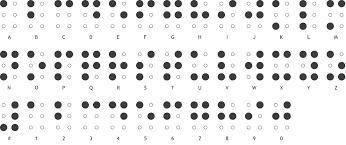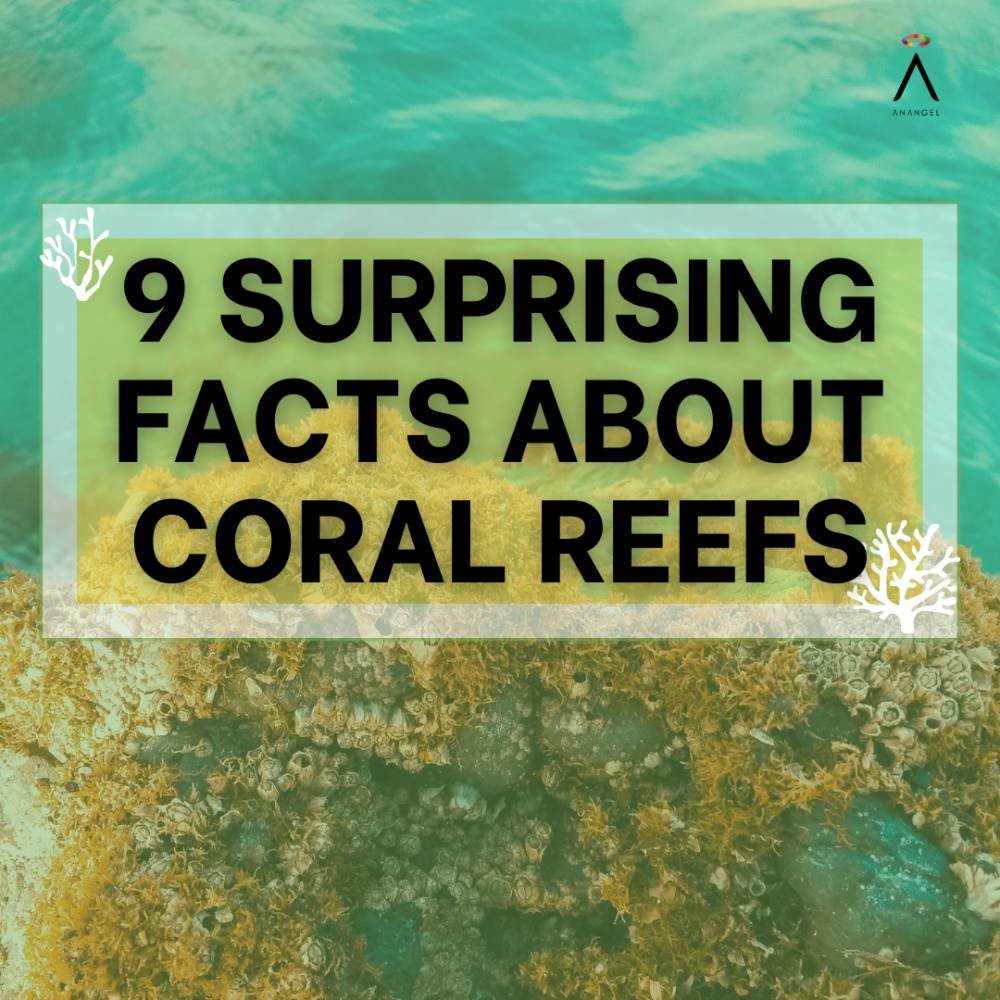

9 surprising facts about corals!
Coral reefs are some of the most diverse underwater ecosystems in the world. 🌍🌊
Coral polyps, the animals primarily responsible for building reefs, can take many forms: large reef-building colonies, graceful glowing fans, and even small solitary organisms.
Thousands species of corals have been discovered to date. Some live in warm, shallow, tropical seas, while others, in the cold dark depths of the ocean.
Find out 9 surprising facts about corals!
1.Corals are animals, not plants.
A common misconception is that corals are plants or rocks, but, in fact, they are animals. They can vary from soft to hard corals, which live together in large groups called colonies.
2. A quarter of all marine species live on coral reefs.
Coral reefs make a fraction of the ocean,less than 1%, but they make a home to around 25% of all the world's marine life. Over 4,000 species of fishes rely on coral reefs!
3. Half a billion people rely on coral reef for food.
Coral reefs provide food for a variety of fish which, in turn, provide food for humans. It's estimated that around 500 million people in the world consume the fish found on coral reefs.
4. Coral reefs need sunlight to grow.
Clear and shallow water is where coral reefs thrive. They generally grow best at depths shallower than 70 metres where sunlight can easily reach.
5. Coral reefs clean the water they're in.
You won't find coral reefs living in murky water! Many corals and sponges feed on particles found in the ocean which, in turn, leaves the water incredibly clear.
6. They're a huge driver of tourism.
In a pre COVID-19 world, around 71 million people each year visited coral reefs on holiday. This tourism is hugely important to local economies; particularly in lesser known destinationswhich rely on international tourism.
7. Coral reefs date back around 270 million years
It's been recorded that coral reefs began forming as far back as 240 million years ago! Established coral reefs today are between 5,000-10,000 years old, although some individual corals may only live for a couple of years.
8. They act as a barrier during storms.
Coral reefs play an important role in protecting coastal communities, from storms to water surges. They act as a buffer and are able to slow down water flow as well as prevent coastal erosion.
9. Reproductives modes
Asexual reproduction: Environmental disturbances mau dislodge some polyps or portions of colonies from the parent colony, and deposit them on another part of the reef. Sometimes, newly developing coral colonies split and form seperate colonies.


